We may need to reconsider our understanding of how early life evolved on Earth.
Researchers from the Scottish Association for Marine Science have discovered an unusual phenomenon on the ocean floor of the Pacific: metallic concretions Concretions are solid formations that develop in geological sedimentary rocks or soil as a result of chemical processes. that generate oxygen in complete darkness on a deep-sea “farm.”
Concretions are solid formations that develop in geological sedimentary rocks or soil as a result of chemical processes. that generate oxygen in complete darkness on a deep-sea “farm.”
Professor Andrew Sweetman, the lead author of the study, along with his team, investigated the impact of deep-sea mining on the seabed in the Clarion-Clipperton Zone, a vast area of the ocean floor between Hawaii and Mexico. Initial unexpected oxygen readings were attributed to equipment malfunction, but further measurements confirmed a fascinating phenomenon.
The research focused on metallic concretions the size of potatoes, rich in cobalt, nickel, and manganese. These elements create a natural "battery," generating a voltage of up to 0.95 volts per individual concretion. When multiple concretions are combined, the voltage can increase significantly. Importantly, only 1.5 volts are needed to initiate the process of electrolyzing seawater, which converts it into hydrogen and oxygen. This process and the formation of underwater oxygen led to the unexpected sensor readings that initially puzzled the researchers.
“For aerobic life to begin on the planet, oxygen was necessary. We believed that the source of oxygen on Earth was photosynthetic organisms. But now we know that oxygen is produced in the depths of the ocean, where there is no light. This compels us to reconsider where aerobic life might have originated,” explains Sweetman.
This discovery could have significant implications for plans regarding deep-sea mining. Further research is needed to assess how mining and the associated disturbance of sediment might impact this natural process.
The team published their findings in the journal Nature Geoscience.






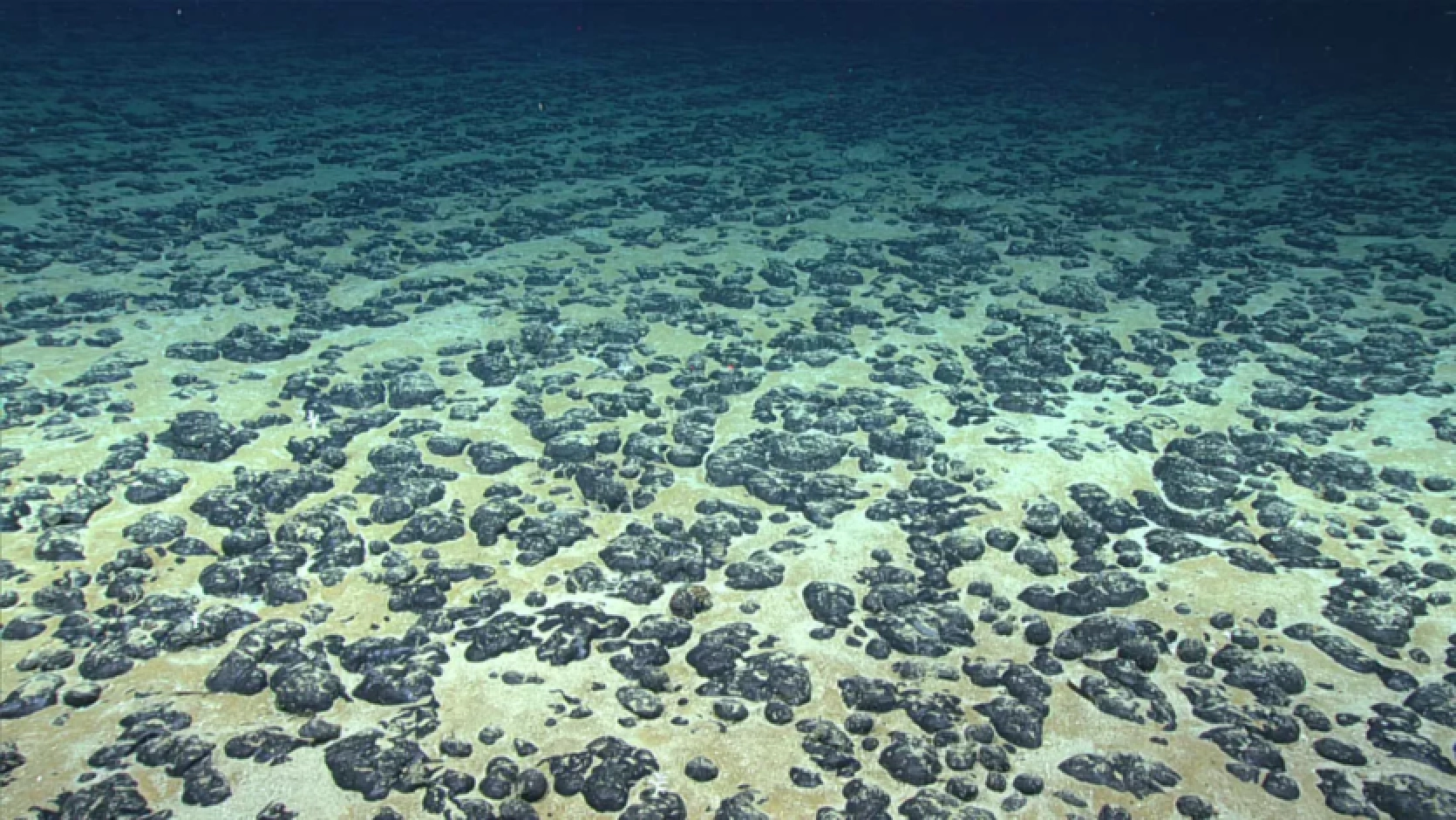


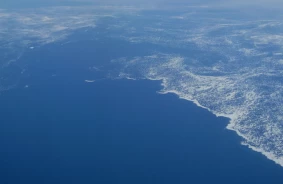
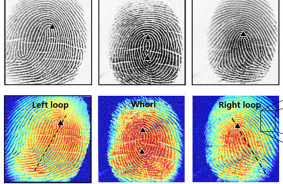

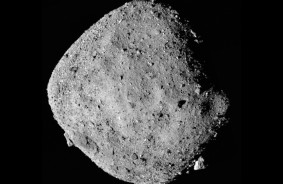
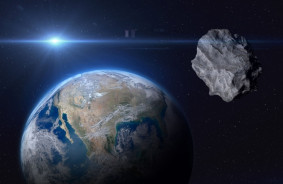
Comments (0)
There are no comments for now